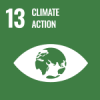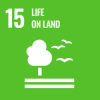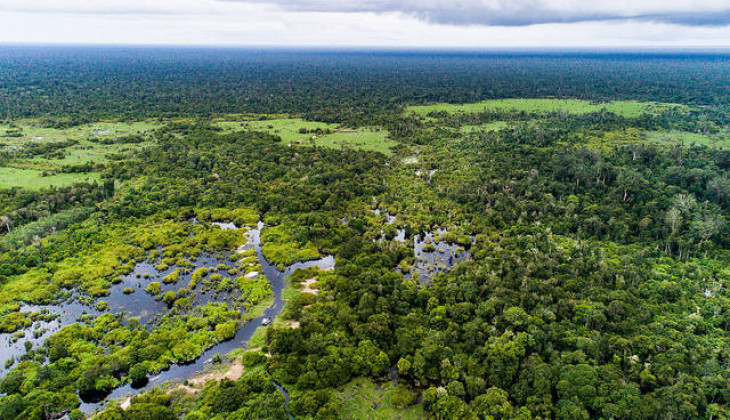Peatland is an ecosystem with various vegetations and storing carbon for 3.5% in the world. The area of peat swamps in Indonesia is approximately 20.6 million hectares, and the locations mostly take place in four large islands, including Sumatra (35%), Kalimantan (32%), Sulawesi (3%), and Papua (30%). Currently, Indonesia’s peatlands condition is experiencing a rapid decline over ten years, with the number of degradations for up to 2.2 million hectares.
The Dean of Faculty of Forestry UGM, Dr. Budiadi, said one of the causes of peatland damages is land fires, which negatively impact the environment and economy. Moreover, it causes the loss of peat ecosystem biodiversity and the increase of greenhouse gases emission. “Peatland management without burning the areas is one of the options to support revegetation and agriculture in peatland. It is an effort to conserve the peat ecosystem as a buffer of life and sustainable peat ecosystem management,” said Budiadi in a national online seminar entitled Land Management without Burning the Areas to Encourage Optimization of Revegetation and Agriculture in Peatland on Tuesday (24/7).
According to Budiadi, to encourage peatland management without burning the areas, it is necessary to increase the socialization of environmentally friendly and productive peatland management so that the wider community can understand the importance of preserving peatlands for environmental health in the future. “It is necessary to build community participation in peat restoration and provide environmentally friendly peat utilization solutions through the development of local knowledge and innovation,” he said.
According to him, some farmers still use the practice of burning in preparing their land. Therefore, it is necessary to increase farmers’ education and awareness in managing peatlands wisely and environmentally friendly. Besides, innovative land preparation activities without burning and the use of organic fertilizers are expected to increase peatland productivity, both in the form of agroforestry and agricultural cultivation activities on peatlands.
As is well known, the seminar organized by the Faculty of Forestry UGM also presented Dr. Ir. Suwignya Utama, MBA as the Head of the BRG RI Education and Socialization Working Group, who explained about Alternative Solutions for Peat Farmers, Dr. Yumi Angelia from the Centre for Environmental and Forestry Extension, Ministry of Environment and Forestry, who delivered material on Building Farmer Independence through Field Schools.
Furthermore, Noor Halimah as a Cadre of Lampuyang Village Field School, Kotawaringin Timur Regency, Central Kalimantan conveyed the ups and downs of her experience in building a mini PLTB demonstration plot on peatlands. Meanwhile, Syahroni Sp as the INAGRI Facilitator-Teacher of SLPG-PLTB delivered material about Agroecological Agriculture: Experiences in Farmers Field School-Based Farmer Assistance Practices.
Source: https://ugm.ac.id/id/berita/19736-ugm-dorong-pengelolaan-lahan-gambut-tanpa-bakar



